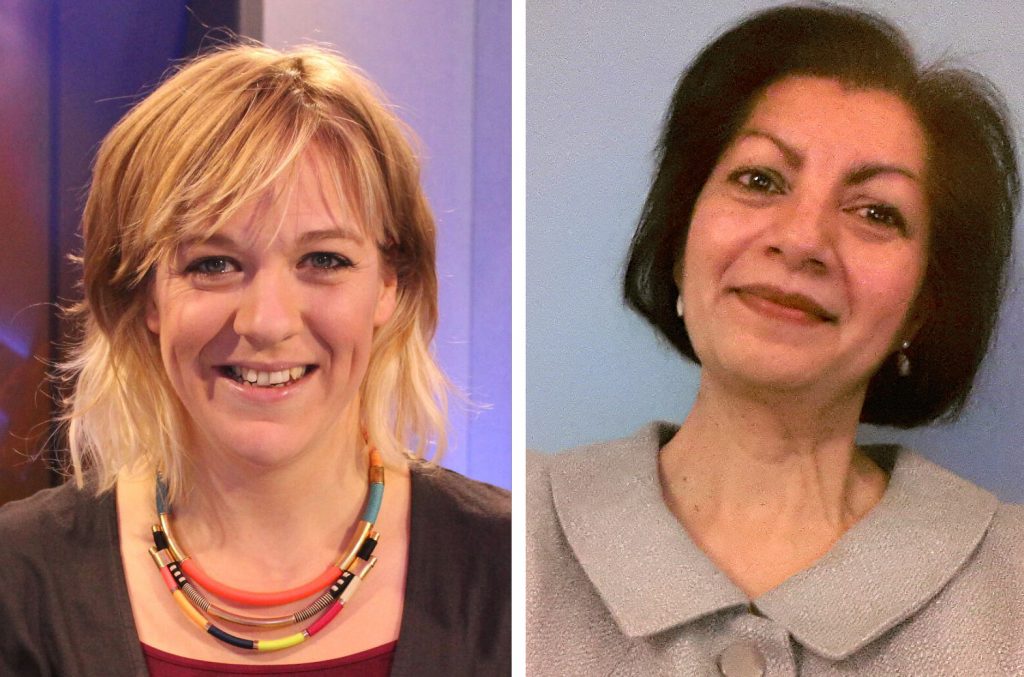What makes a great ACF bid?

Our independent funding panel have a lot of bids to read, and some difficult decisions to make. So what’s the best way to make your bid stand out from the crowd?
26th February 2020, by Kate Cocker and Mukti Jain Campion
In 2019 the Audio Content Fund Panel awarded £656,000 for independent radio production companies to produce an impressive array of public service content for commercial and community radio stations that would otherwise have been hard to fund. With a further £1 million to give away in 2020, ACF panel members Mukti Jain Campion and Kate Cocker offer their tips on how to write a winning bid.
1. Read the guidelines
KC: First off, do read the bidding guidelines carefully before you start so you can ensure your bid meets the eligibility criteria and you understand how to address the different aspects of the public service remit of the Fund.
2. Grab our attention
MJC: So, what are the bids that grab our attention and make us tingle with anticipation? Of course they are fresh, original ideas but they are also invariably ones where the format has been astutely developed to match the needs of the particular radio station(s) that will broadcast them. They’re lucidly written and immediately give a clear sense of how the programmes will sound on air. They demonstrate a real passion to reach out to underserved audiences or bring awareness of under-the radar subject matter to a station’s regular listeners.
3. Help us feel confidence in you
KC: We need to feel we can trust the people behind a bid to actually deliver high quality programmes. So, give us great examples of your previous work and tell us about the people who will make the programmes.
4. Make specific promises that you can keep
KC: Be as specific as you can. Phrases like “We will endeavour to be diverse” are weak, whereas something like “We have already lined up Person X and Person Y to work on this project because…” inspires more confidence.
MJC: We have evaluation criteria about working with new talent and people from under-represented groups – but it doesn’t help to be vague. In fact, ‘Specifics Not Generalities’ is a good guiding principle for all aspects of writing your bid. You need to give us enough detail for us to feel confident that you know what you are talking about, whether it’s the story or the audience you are hoping to reach. Show us that you’ve done your homework. If you have a particular connection to the story, or privileged access to key contributors, tell us.
5. Write with confidence
KC: Write confidently, as if the programme is ready and going on air tomorrow. Give enough context for us to understand the significance of the story you want to tell.
MJC: Tell us, why is your programme important now? What audience need does it address, what gaps might it fill?
6. Show your idea fits the radio station
KC: Your partnership with a willing radio station is key. Demonstrate that you have understood the needs of the radio station when formulating the format or choosing the presenter. The radio station will need to tell us how they will schedule your programme to reach as a big an audience as possible and how they will help to promote it.
MJC: Why is your chosen radio station the ideal platform for your programme? What evidence can you give us that it will reach a significant audience?
7. Draw up a realistic budget
MJC: Remember this is public money we’re giving away so we need to be confident that we are spending it wisely. When drawing up your budgets be realistic about the costs you include, especially in relation to the size of expected audience reach. We understand that drama costs more than documentary but will the number of listeners reached justify that extra expenditure? Convince us.
8. Make an impact
KC: Above all, keep a sharp focus on the impact your programme will have on listeners’ lives….
MJC: …and be ambitious for what your ideas can do.
Kate Cocker is a presenter coach and former radio station boss. Mukti Jain Campion is an independent producer. They are both members of the Audio Content Fund’s independent funding panel.






